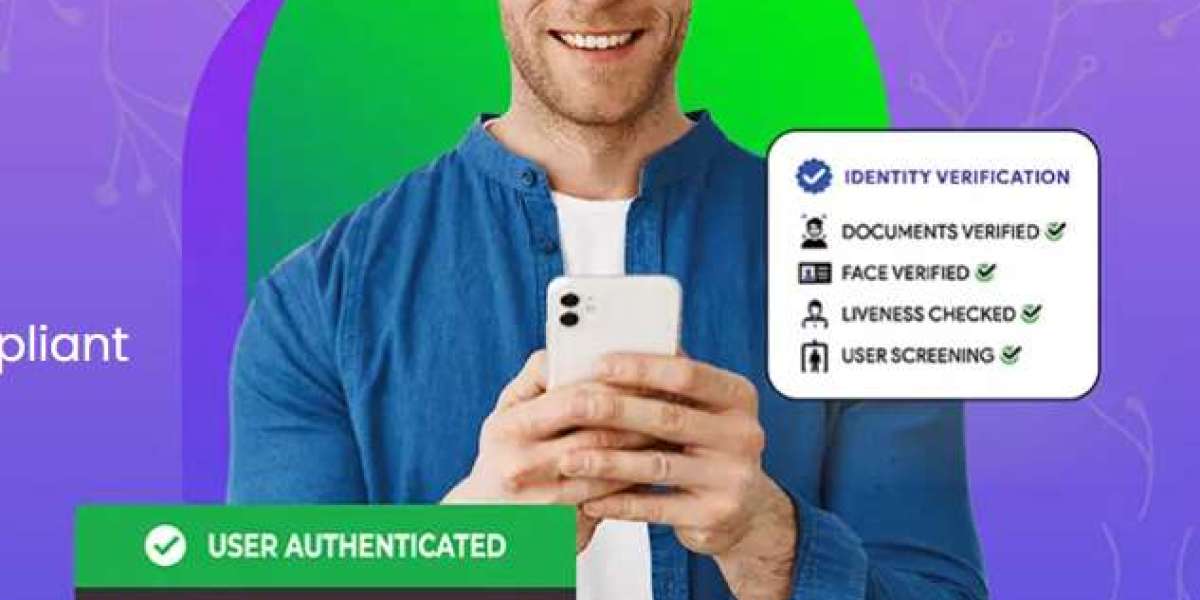In the digital era, businesses and financial institutions face increasing challenges in ensuring secure transactions while preventing fraud. Online identity verification services and Know Your Customer (KYC) verification play a crucial role in protecting businesses and users from identity fraud, money laundering, and cyber threats.
What is Online Identity Verification?
Online identity verification service is a process that enables businesses to confirm an individual’s identity remotely. By utilizing advanced technologies such as AI, biometrics, and document authentication, companies can verify users in real time. This process helps ensure that individuals are who they claim to be before granting access to services, reducing fraudulent activities and enhancing trust.
Understanding KYC Identity Verification Services
KYC (Know Your Customer) is a regulatory requirement that mandates businesses, especially in the financial sector, to verify the identities of their customers before engaging in transactions. KYC processes involve verifying personal documents such as passports, driver’s licenses, and utility bills. It helps financial institutions prevent illegal activities such as money laundering, terrorism financing, and identity theft.
Benefits of Online Identity Verification & KYC
Fraud Prevention: By verifying identities, businesses can prevent unauthorized access and fraudulent transactions.
Regulatory Compliance: Financial institutions and other businesses comply with government regulations to avoid legal penalties.
Enhanced User Experience: Automated identity verification speeds up the onboarding process, reducing the need for manual intervention.
Reduced Operational Costs: AI-driven identity verification minimizes the resources required for manual checks.
Global Reach: Online verification enables businesses to authenticate users across different geographies, making services accessible worldwide.
How Identity Verification Services Work
Document Verification: Users upload government-issued ID documents, which are then scanned and authenticated.
Biometric Authentication: Facial recognition and fingerprint scans confirm a user’s identity with high accuracy.
Liveness Detection: AI-powered liveness detection ensures that the user is physically present during the verification process, preventing deepfake or spoofing attacks.
AML Screening: Cross-checking user information against global watchlists helps identify potential financial crime risks.
Final Thoughts
As cyber threats and fraudulent activities rise, businesses must adopt robust online identity verification KYC services. Implementing these solutions not only enhances security but also builds trust with customers, ensuring compliance with global regulations. Investing in advanced identity verification technologies is a crucial step toward a safer and more efficient digital world.



